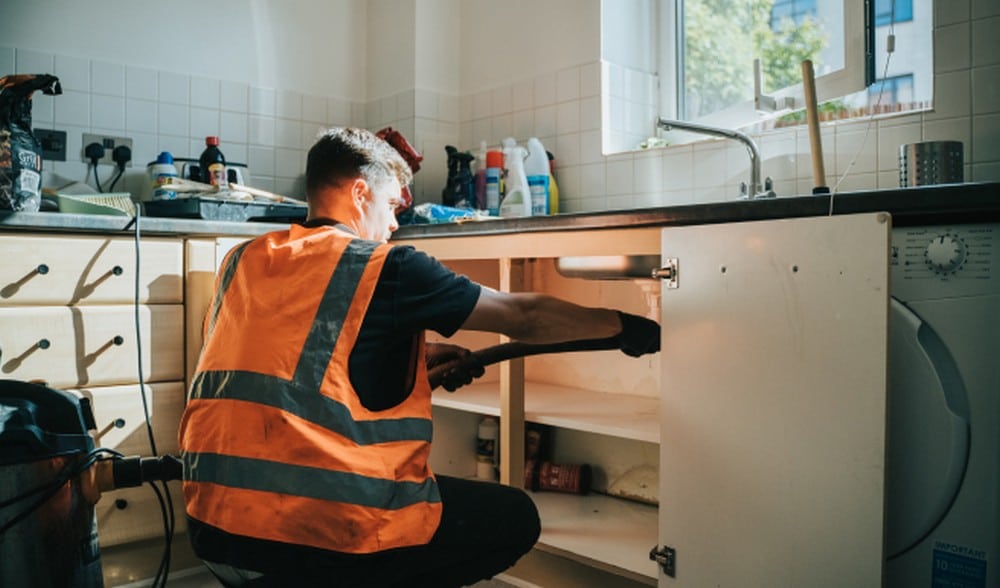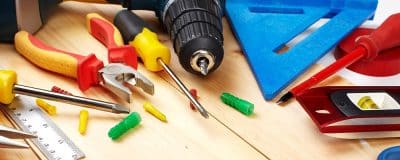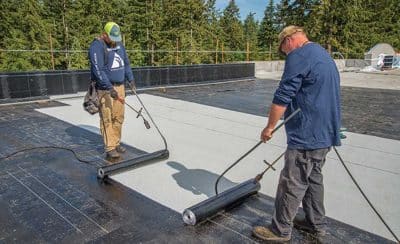
Having healthy drainage systems in our homes is essential for maintaining a clean and safe living environment. When drains start to misbehave, they can lead to a range of issues, from unpleasant odours to serious health hazards. Let’s explore the common causes of bad drains and why it’s crucial to address these problems promptly. Understanding the root causes can help you take proactive measures to keep your drains in top condition.
Common Causes of Bad Drains
Clogs from Debris and Waste
One of the most frequent culprits of bad drains is the accumulation of debris and waste. Hair, soap scum, food particles, and grease can build up over time, creating blockages that prevent water from flowing freely. A simple solution is to regularly clean your drains and avoid pouring grease down the sink. If you encounter a blockage, contact FS Drainage as soon as possible to minimise damage.
Tree Root Infiltration
Believe it or not, tree roots can wreak havoc on your drainage system. As trees grow, their roots search for moisture and often infiltrate drainage pipes, causing blockages and even severe damage. If you notice slow drainage or recurring clogs, it may be time to check for root intrusion. This is especially true if you have trees close to your property, where this could become an issue.
Pipe Damage and Corrosion
Aging pipes, particularly those made from materials like cast iron or clay, are prone to damage and corrosion over time. Weakened or corroded pipes can develop leaks or cracks that allow debris to enter, creating clogs. Regular inspections can help identify these issues early, preventing costly repairs in the future.
Improper Installation
In some cases, the problem stems from improper installation. Poorly installed drainage systems can lead to ongoing issues, such as inadequate slope or the use of inappropriate materials. If you suspect your drainage problems are due to improper installation, consulting a professional can help you find the right solution.
Flushing Non-Biodegradable Items
It might seem convenient to flush items like wet wipes or feminine products down the toilet, but these non-biodegradable items can cause significant blockages. Always dispose of these products in the bin to prevent clogs and protect your plumbing.
Knowing the Price of Drainage Services
Everyone wants to know the price of drainage services upfront. This is often a reason for hesitating to seek help, as many people worry that the cost will be exorbitant. Here are some ways to find out what you’ll be paying.
Look for a Price List
Not every company wants to overcharge. Many take a transparent approach to their services and aim to keep you informed about pricing. In particular, some companies provide a price list on their website, which can give you a rough idea of the cost of different services. While the prices may not be exact, they can give you an indication of whether the services fit within your budget.
Ask for a Quote
Most drainage companies are happy to provide a quote for their services. This allows you to find out exactly how much you’ll be paying and what services are included. Most quotes are free and come with no obligation. You can request quotes from several companies and choose the one that offers the best service and fits your needs. Be sure to check their website for information on how to obtain a quote.
Always ensure that the quotes you receive are final. In other words, the price quoted by the company should not change once they start working. Read the terms and conditions to confirm that the quoted price is final. This way, you can have peace of mind knowing that there won’t be any surprise charges.
Conclusion
Understanding the common causes of bad drains empowers homeowners to take proactive steps in maintaining their drainage systems. From clogs caused by debris to the risks posed by tree roots, addressing these issues early can protect both your health and your property. Regular maintenance, awareness, and knowing when to call a professional are vital to ensuring your drains remain in good working order.








